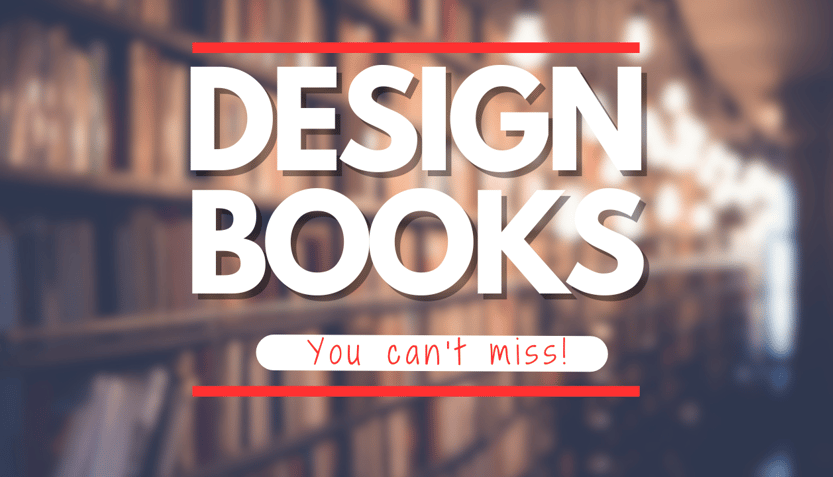Essential Design Books You Can't Miss!
Whether you're a seasoned designer or just starting in the field, incorporating design books into your reading repertoire can be highly beneficial for your growth and development in the discipline.
Pearl Solutions
2/8/20242 min read


Reading design books offers numerous advantages, including:
Inspiration and Creativity:
Design books expose readers to a variety of styles, techniques, and innovative ideas, sparking inspiration and fueling creativity. By exploring different design concepts and approaches, readers can expand their creative horizons and develop their unique design aesthetic.
Knowledge and Expertise:
Design books provide valuable insights and knowledge from experienced designers, architects, and industry professionals. Readers can learn about design principles, theory, history, and best practices, gaining a deeper understanding of the discipline and honing their skills.
Problem-Solving Skills:
Design books often showcase real-world design challenges and solutions, offering readers practical examples and case studies to analyze and learn from. By studying how designers approach and solve problems, readers can enhance their problem-solving skills and apply these techniques to their own projects.
Professional Development:
Reading design books can contribute to professional growth and development for designers, architects, and creatives. Whether seeking inspiration, staying updated on industry trends, or expanding their knowledge base, design books offer valuable resources to support career advancement and lifelong learning.
Critical Thinking and Analysis:
Engaging with design books encourages readers to think critically and analyze design concepts, styles, and trends. By evaluating and deconstructing design principles and examples, readers can develop a discerning eye and deepen their understanding of what constitutes effective design.
In summary, reading design books provides numerous advantages, including fostering inspiration, expanding knowledge and expertise, improving problem-solving skills, supporting professional development, and cultivating critical thinking abilities. Whether you're a seasoned designer or just starting in the field, incorporating design books into your reading repertoire can be highly beneficial for your growth and development in the discipline.
